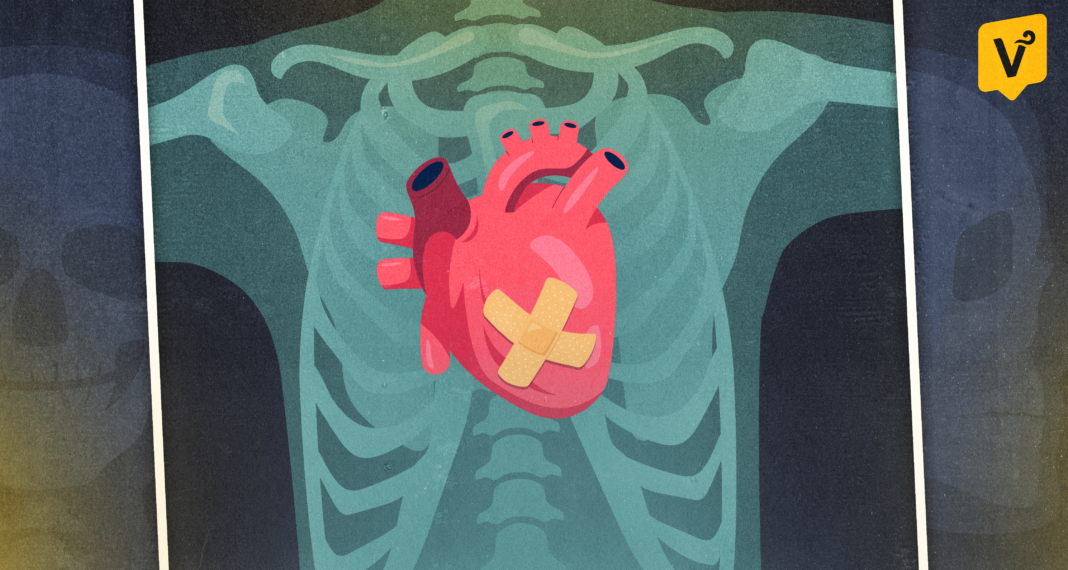HEARTBREAKS in films, soaps and novels have become a staple in popular culture – the climax of every love story that can make great drama.
But in reality, having a broken heart can lead to intense physical or emotional stress that can cause severe consequences.
Yes, there is a heart disease called the “broken heart syndrome” that can be described as a “reversible yet potentially severe cardiac dysfunction,” Dr. Aileen Cynthia De Lara, a faculty member at the UST Faculty of Medicine and Surgery, told the Varsitarian.
“This can lead to a myocardial disease that mimics what is known as acute heart attack or acute myocardial infarction, which is characterized by severe chest pain associated with difficulty in breathing,” she said in an interview.
Though studies have yet to pinpoint its root cause, the “broken heart syndrome” can be triggered by the death of a loved one, sudden break-up, or depression.
The first known case of the syndrome, also known as Takotsubo cardiomyopathy, was in Japan in 1990. The Japanese word “takotsubo” was attached to it to resemble an “octopus trap,” or the pot-like shape of the stricken heart that enlarges temporarily.

There is no formal accounting of the number of cases in the Philippines, De Lara lamented, because of the difficulties in diagnosing it.
“We don’t have data yet […] of reported cases in our local setting, [but] in the global prevalence, it is still challenging as to provide with actual numbers since most often they are misdiagnosed or underreported,” De Lara, the founding president of the Thomasian Heart Specialist Alumni Association Inc., said.
“International data suggest that most of those affected vary in different regions, but while both sexes can be affected, more females are reported to have higher cases.”
The Makati Medical Center approximated in its research that about two percent of individuals who are experiencing symptoms resembling a heart attack may be affected by the “broken heart syndrome.” However, it acknowledged that the figure is likely to be an underestimate.
Although the condition is not always fatal, the American-based National Heart, Lung and Blood Institute has categorized it as potentially life-threatening.
To avoid acquiring the syndrome, people must learn the importance of stress management, De Lara advised.
“A very supportive family and friends are very crucial, and timing of professional help is necessary if needed to provide a more resilient individual,” she said. “Maintaining an overall well-being is the most important aspect to reduce the risk of this condition.”














